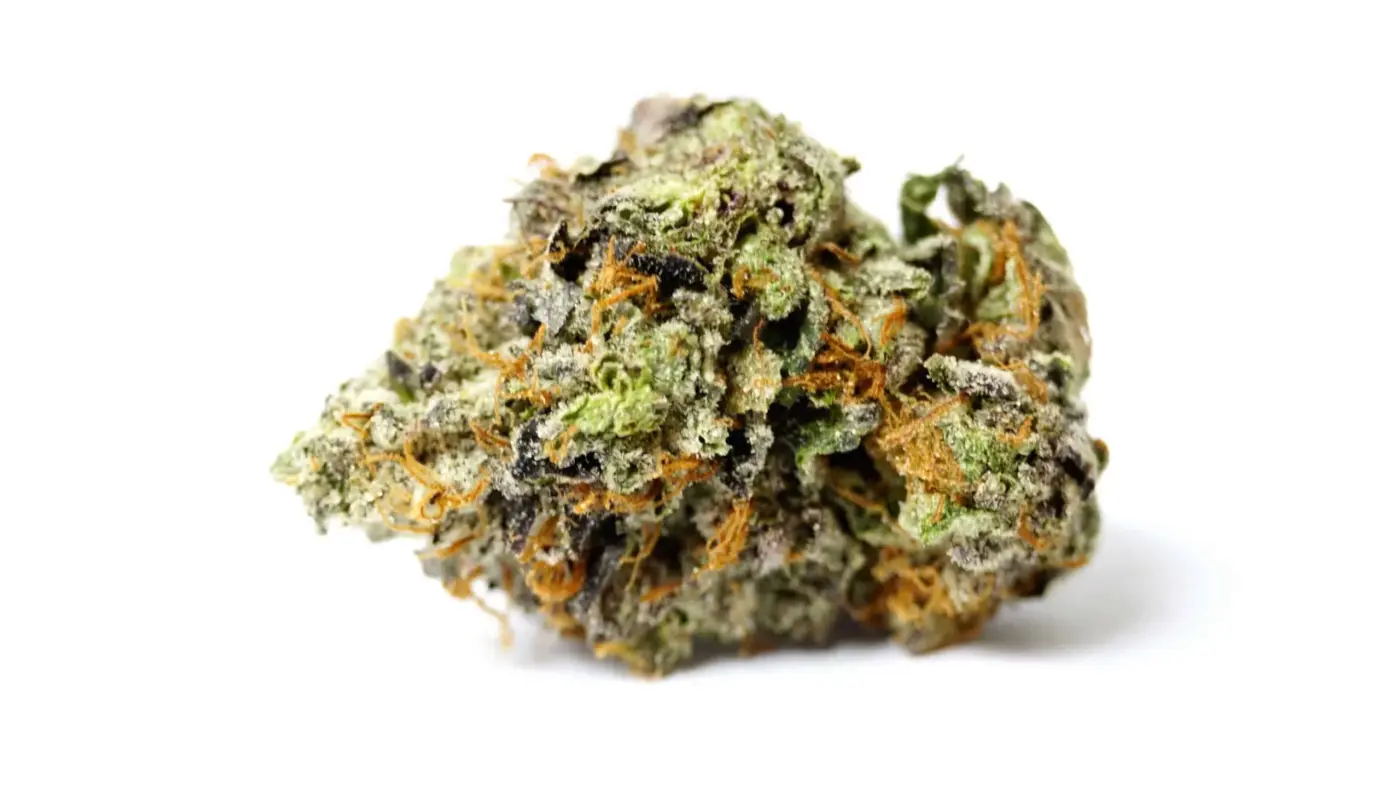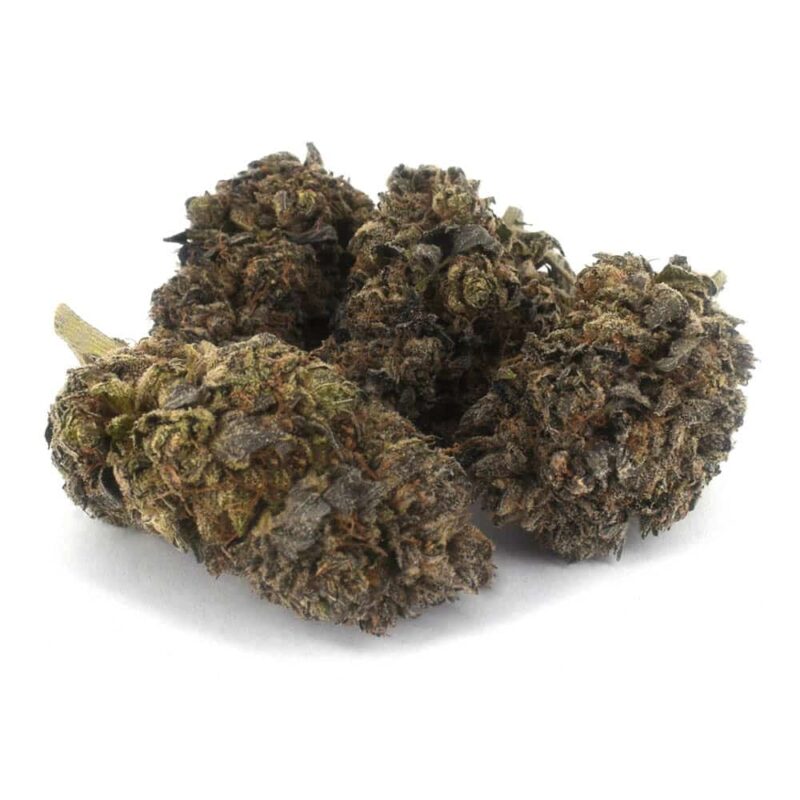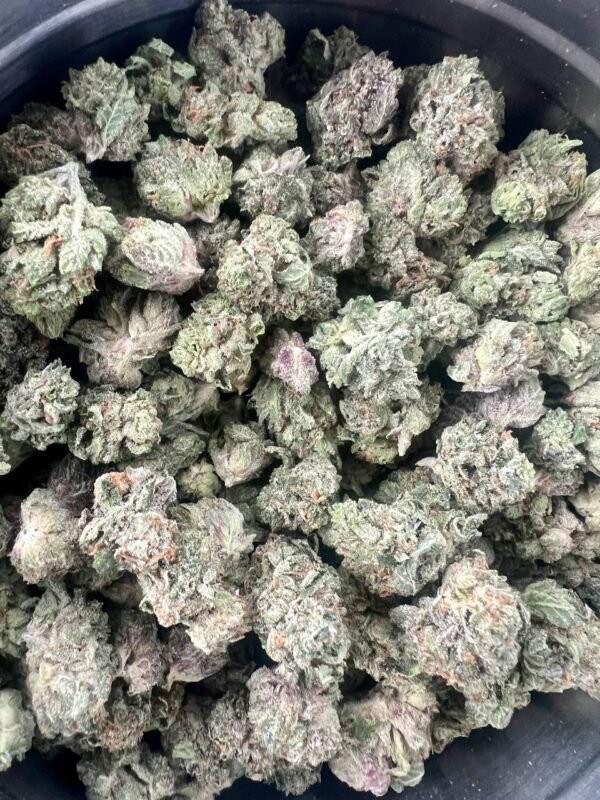No products in the cart.
Cannabis
Is Weed a Depressant?
When it comes to cannabis, or weed as it’s often called, people frequently debate its effects on the body and mind. One common question that pops up is, Is weed a depressant? To answer that, we need to dive into the complex world of cannabinoids, the substances in cannabis that interact with our bodies. Let’s unravel this topic together and explore whether cannabis falls under the category of depressants, stimulants, or something else entirely.
What Are Depressants?
First off, let’s get clear on what we mean by “depressants.” In the world of pharmacology and drug classification, depressants are substances that slow down the central nervous system (CNS). They can make you feel relaxed, calm, and sometimes sleepy. Common examples include alcohol, benzodiazepines (like Valium and Xanax), and barbiturates. These substances work by enhancing the effects of a neurotransmitter called GABA (gamma-aminobutyric acid), which helps to inhibit brain activity. This leads to a decrease in neural excitability, resulting in a calming effect. In simple terms, depressants are like the chill-out crew of the drug world—they help you wind down.

What About Cannabis?
Cannabis is a bit of a mixed bag, so categorizing it isn’t as straightforward as labeling it a depressant, stimulant, or hallucinogen. Let’s break it down:
The Cannabinoids
The two primary cannabinoids in cannabis are THC (tetrahydrocannabinol) and CBD (cannabidiol). THC is known for its psychoactive effects, the “high” that people often seek when they use weed. CBD, on the other hand, does not produce a high and is often used for its potential therapeutic benefits.
- THC: THC interacts with the brain’s endocannabinoid system, particularly the CB1 receptors. This interaction can lead to feelings of euphoria, altered sensory perception, and relaxation. THC might make you feel calm and slow down your thoughts, similar to a depressant, but it doesn’t fit neatly into the depressant category because its effects can vary widely.
- CBD: CBD is often associated with calming and anti-anxiety effects. It doesn’t get you high, but it can contribute to a sense of relaxation. Many people use CBD for its potential to ease anxiety and stress without the psychoactive effects of THC.
If you’re looking for reliable London weed delivery, Calgary weed delivery, or Langley Weed Delivery services, just give Dank Bros a call now! Our experts are always ready to help you out.
The Effects of Cannabis
Cannabis has a range of effects, some of which can be similar to depressants, while others can be quite different:
Relaxation: Many users report feeling more relaxed and less anxious after consuming cannabis, which aligns with the effects of depressants. It can be particularly useful for unwinding after a stressful day.
Altered Perception: THC can alter your perception of time, space, and your surroundings. This doesn’t necessarily fit the classic definition of a depressant, as it affects cognitive functions and sensory experiences.
Mood Enhancement: For some, cannabis can elevate mood and increase happiness, which is not typical of depressants. However, this effect can vary based on the strain and the individual’s response.
Sedation: Some strains of cannabis, especially those high in THC and low in CBD, can induce drowsiness or even make users feel sleepy. This sedative effect can be somewhat similar to depressants but is more pronounced in certain strains.

Cannabis vs. Classic Depressants
To better understand where cannabis stands, let’s compare it to classic depressants:
- Alcohol: Like cannabis, alcohol can induce relaxation and euphoria. However, alcohol is a classic depressant because it has a more pronounced effect on inhibiting brain function and can lead to impaired coordination, slurred speech, and a general decrease in cognitive function.
- Benzodiazepines: These drugs are prescribed for anxiety and insomnia. They have a clear depressant effect by enhancing GABA’s effects, leading to significant calming and sedative effects. Cannabis does not enhance GABA in the same way but can produce relaxation through its own mechanisms.
- Cannabis: Unlike classic depressants, cannabis can stimulate appetite, alter sensory perception, and even increase energy levels in some users. This variability makes it hard to categorize it solely as a depressant.
The Debate: Is Weed and Depressant?
The debate about whether cannabis is a depressant or not stems from its diverse effects and individual variability. For some users, it may function similarly to a depressant by promoting relaxation and reducing anxiety. For others, it might increase energy or lead to a more euphoric state, which does not fit the traditional depressant profile.
What the Research Says
Cannabis research is ongoing, and while we have a good understanding of its effects, there’s still a lot to learn. Some studies suggest that cannabinoids, especially THC, can have depressant-like effects in the short term. However, the long-term effects and the impact on mental health are more complex. For instance, a study published in the journal Neuropsychopharmacology found that THC could have anxiolytic (anxiety-reducing) effects in some users. However, the same study noted that high doses of THC could lead to increased anxiety and paranoia, illustrating the variability in cannabis effects.
On the other hand, CBD has been studied more for its potential antidepressant and anxiolytic effects. Some research suggests that CBD might help alleviate symptoms of anxiety and depression, making it a promising option for those looking for non-psychoactive alternatives.
If you want to read more about “Can Weed Cause Seratonin Syndrome?” Visit our blog page now!

Conclusion
So, is weed a depressant? The short answer is not exactly. Cannabis exhibits properties that can resemble depressants, such as promoting relaxation and reducing anxiety. However, its effects are more complex and variable. Cannabis doesn’t fit neatly into the depressant category because it can also stimulate, alter perceptions, and affect mood in ways that classic depressants don’t. Ultimately, whether cannabis acts as a depressant can depend on the strain, dosage, and individual response. If you’re considering cannabis for its calming effects or are trying to understand its impact on your body and mind, it’s crucial to approach it with an open mind and consider both its potential benefits and limitations.
Remember, everyone’s experience with cannabis is different. What might be a relaxing, mellow experience for one person could be a stimulating or even anxiety-inducing experience for another. Always use responsibly and consult with healthcare professionals if you have concerns about its effects on your mental health. Curious about whether weed acts as a depressant? At Dank Bros, we provide high-quality cannabis products along with expert knowledge to help you understand its effects. Don’t let confusion stop you from enjoying the benefits of cannabis. Explore our selection of premium strains designed to enhance your experience safely and effectively. Shop at Dank Bros now and make informed choices about your cannabis use!

